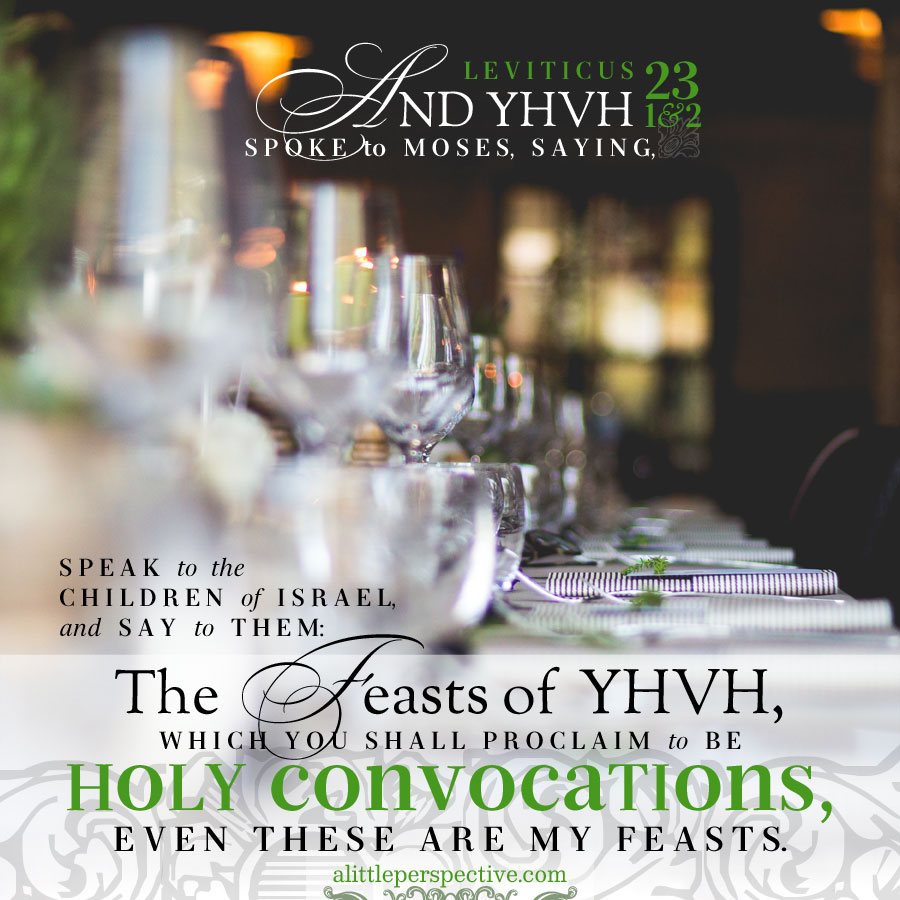Read Leviticus 23 at Bible Gateway.
This week is the Feast of Unleavened Bread. If we were to set aside the traditions of men, how does the Torah suggest we celebrate this holy day, and all His holy days?
First, we enjoy a sabbath of rest on many of them so that we may be free of other obligations and turn our time and attention to meet with the Lord God on His appointed day. Second, they are set apart from our common and ordinary working days (“set apart” is the definition of “holy”; Lev 23:1-44). We already know how to set apart a holy day from the common days of the year – we do it every year at Christmas (christmas and sabbath keeping … or, how to set apart a holy day).
Next we read that there is to be a holy convocation on these days. What is a holy convocation? The scripture reveals it to us in Neh 8-9. Then we are commanded to offer an offering made by fire to the Lord. The offering made by fire is the olah, or whole burnt offering. Since there is no Temple and no animal sacrifices, do we just ignore this command? I don’t believe so. Paul teaches us that now that Jesus has come, we offer ourselves as the living sacrifice, the living olah (Rom 12:1). Even the grain and drink offering remains, as the grain offering was of bread, and the drink offering was of wine. This is why our family celebrates the Lord’s supper (1 Cor 11) in remembrance of Messiah and the Messianic significance of the day, on every feast day.
The Day of Atonement is a day of afflicting our souls. I do not decorate the house or prepare a feast meal for that day. However, all the other feast days are days of celebration, rejoicing, worship, and praise. We worship the Lord, singing and making melody to Him. We decorate our house and prepare special feast meals (each feast with its own decorations and own once per year food), and gather with our family and friends. Soon we will add gift- giving to our feast day celebrations. We have the equivalent of a Christmas- or Thanksgiving- caliber celebration seven times per year!
More details: feasts of the Lord bible studies index

















Leave a Reply